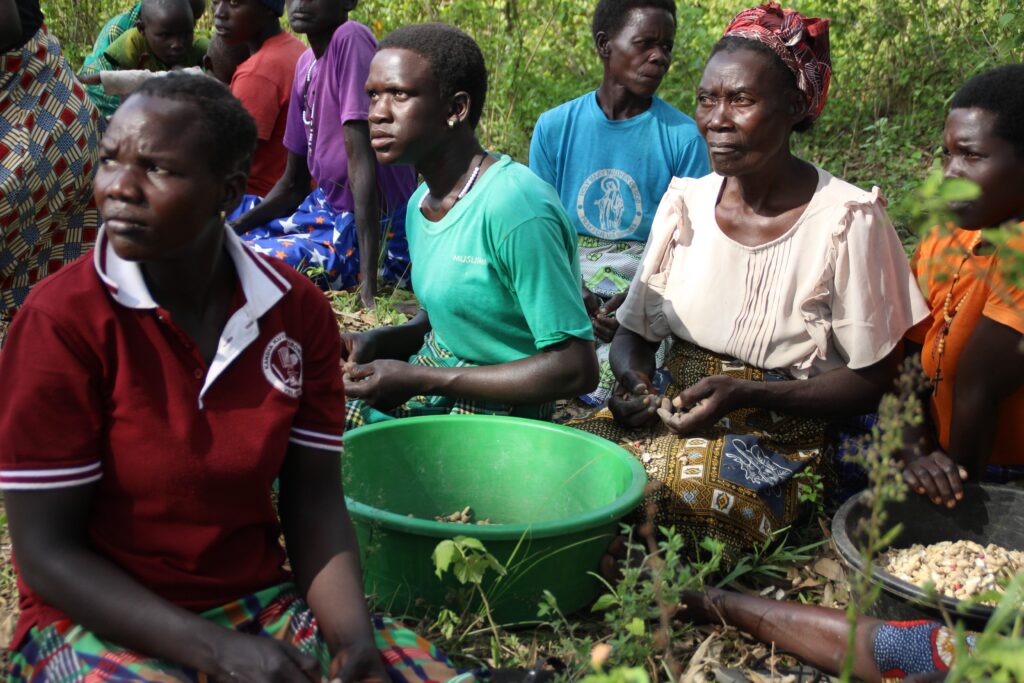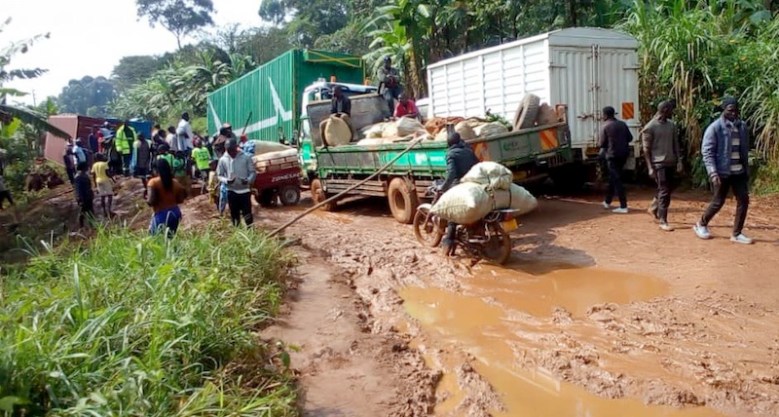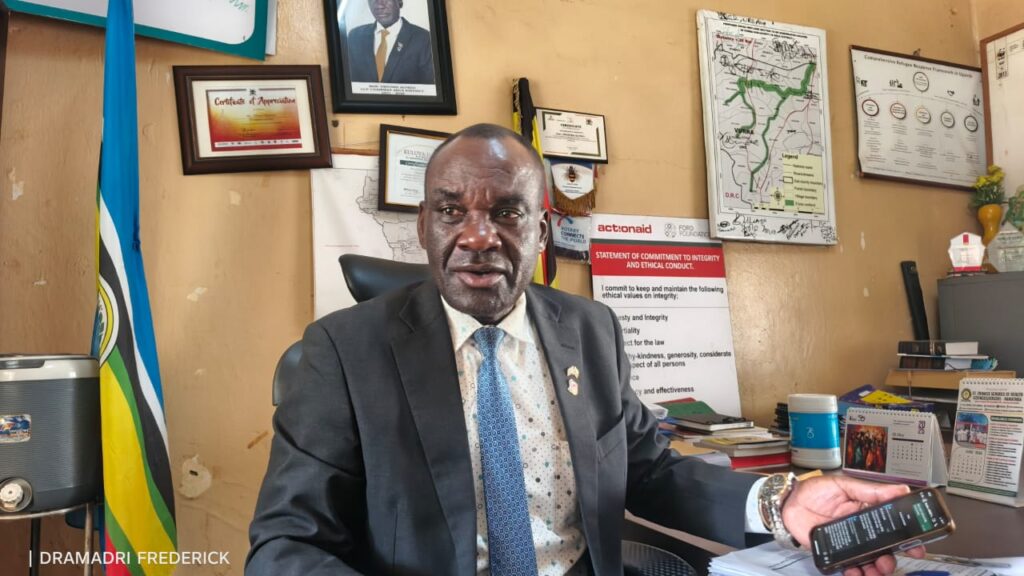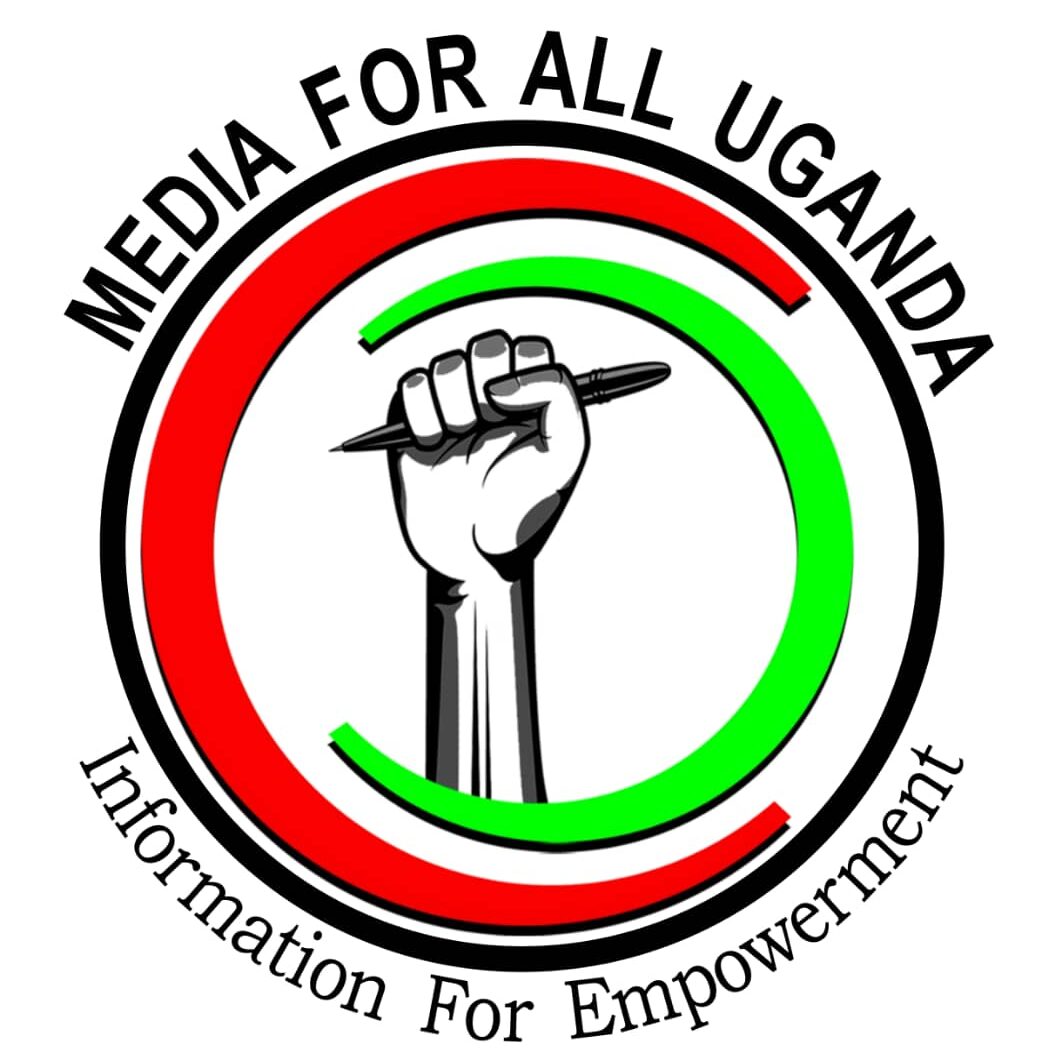HOW SMALLHOLDER FARMERS IN WEST NILE LOST MILLIONS IN AGRICULTURE CLUSTER DEVELOPMENT PROJECT (ACDP).
By Anzoo Evaline

Over 5,200 farmers in the West Nile Region are still awaiting inputs following the exit of the Agriculture Cluster Development Program (ACDP) a year ago.
The program was launched in 2017 as a transformative initiative to boost Uganda’s agricultural productivity, with an expected end date of March 2022. However, it was later extended to September 2023 to recover the time lost during the COVID-19 lockdown. The program was worth USD 150 million and targeted 57 districts nationwide. Its objectives included increasing production, improving productivity, and enhancing market linkages through value chain interventions clustered into 12 major sectors. About 55% of the funds approximately USD 82million was allocated for agro-inputs, while the remaining amount supported matching grants for farmer associations to upgrade storage facilities, machinery, and operations.
Despite ambitious expectations to transform the livelihoods of 450,000 farmers including 180,000 maize producers, 110,000 coffee growers, 95,000 bean farmers, 40,000 rice farmers, and 25,000 cassava farmers these goals remain largely unmet. The project also aimed to facilitate the formation of 300 Area-Based Community Cooperative Enterprises and support 3,000 rural producers.
An electronic voucher system (E-Voucher) was awarded to United Bank for Africa (UBA) to facilitate the cashless distribution of vouchers to smallholders and subsistence farmers to assist them in accessing high quality agricultural input. The e-voucher is electronically delivered typically via SMS or e-mail containing unique code sometimes a PIN for verification and the farmers can deliver the e-voucher online at the retailer’s website during checkout and he or she provides the e-voucher code to detect the value from their purchase total, which is automatically applied to the balance or deducted from the purchase. The inputs farmers are supposed to receive include inputs such as fertilizers, pesticides, agrochemicals, tractor hire services, and seeds according to their requests. Under the program’s priority sectors, West Nile was grouped into Cluster 12, focusing on cassava and coffee enterprises.
Despite these arrangements, farmers enrolled through UBA, each paying 148,000 shillings for inputs, failed to access their supplies by the end of the project. This situation affected approximately 2,614,000 farmers across the 76 districts, according to project records.
In 2018, the Minister for Agriculture, Animal Industry, and Fisheries, Vincent Ssempijja, commissioned the E-Voucher Management System during the launch of the ACDP in Lukaya, Kalungu District. This system was intended to promote commercial production of maize, beans, cassava, rice, and coffee across 42 districts. The government contracted UBA to supply, install, and manage the E-Voucher platform, with the National Information Technology Authority (NITA-U) responsible for registering participating farmers, while a few agro-input dealers were engaged to supply inputs.

However, farmer frustrations grew as access to inputs remained elusive even after payments were made, extending beyond the project period. Many farmer groups disintegrated, and some began threatening legal action against local governments especially those who paid for inputs that were never delivered.
In districts from Nebbi to Maracha, a total of 5,276 farmers are distressed after being duped in the cost-sharing deal. Farmers were expected to pay 148,000 shillings for inputs, with the government covering the remainder. For example, at Aryek Cooperative Union in Nebbi, farmers are demanding 165 million shillings for undelivered inputs. Its chairman, Powell Ongey, lamented, “We have been following up on these funds, but the service provider (UBA) has remained silent despite several follow-ups. We’ve handed the matter to the district authorities. This situation has caused mistrust among members and leaders, and we hope the government will help us recover these losses.”
Joyce Piwa, Nebbi District Agricultural Officer, added that UBA had pledged to refund the farmers’ contributions through the E-Voucher system. “I believed all 3,783 farmers had been cleared. I will follow up,” she said.
Efforts have been made to reach out to the Uganda Bank of Africa (UBA) through phone calls and emails by the agriculture officer of Nebbi district but no feedback was given.
Farmers speak up:
Aryek Cooperative Union is among five local cooperative societies in Nebbi that received Shs 3 billion for cassava factory construction, part of the Shs 34 billion in funds the government received from the World Bank (WB). This funding aimed to support 118 farmer organizations across 24 pilot districts, focusing on value addition to produce before market.
The situation in Nebbi mirrors that of Arua district, where only 200 out of 2,040 farmers have received inputs two years after the program’s conclusion. Stephen Candia, a farmer in Awika Village, Arivu Sub-county, expressed his frustration: “It’s hard to trace the contractors since they were introduced to us by the district. I wish the district would intervene and help recover our money because, since I paid 148,000 shillings, I haven’t seen any return. I ordered fertilizers, gumboots, and tractor services to open up my land, but none of these have materialized.”
Based on the 2023 Engineering audit conducted by the Office of the Auditor General, several issues were identified concerning the rehabilitation of community access roads, E-voucher program faced challenge of beneficiary identification, benefiting districts lacked fund for maintaining the constructed roads, delay in procurement. Specifically, projects worth Shs 63 billion remain incomplete, with works only at 20% completion by the end of the project period in each local government. Additionally, 14 projects valued at Shs 73 billion had not yet commenced. These projects focused on restoring community access roads to improve market linkages and were managed through high-breed procurement mechanisms.

Arua District Chairman Alfred Okuonzi criticized the Ministry of Agriculture, Animal Industries, and Fisheries (MAAIF) for a lack of transparency in managing projects aimed at transforming farmers and, ultimately, the country’s economy. He stated that “corruption within MAAIF has reached unprecedented levels, with staff acting with impunity and without accountability.” Out of frustration, Okuonzi emphasized the need for a thorough audit of these projects to ensure value for money.

He further condemned the contractor, United Bank for Africa, noting that costs incurred amount to billions of shillings, yet farmers remain impoverished. “MAAIF should stop implementing projects like witchdoctors working from Kampala offices without proper monitoring or engagement with local governments,” he added.
There is also evident frustration within local governments. In Maracha District, at least 1,208 farmers have yet to receive their funds or inputs, raising concerns about project execution by contractors, ministry officials, and district authorities. Stephen Obitre, the district chairman, explained that he brought this issue to the attention of the Minister of State for Agriculture, Bwino Fred Kyakulaga, during his visit earlier this year. The Minister directed that the contractor should refund all farmers whose funds were misappropriated through the Electronic Voucher system, as the contractor failed to supply inputs. Obitre lamented that most components of the Agriculture Cluster Development Program (ACDP) had collapsed before implementation.
He expressed disappointment, stating, “We expected farmers to access inputs at reduced costs, markets through rehabilitated roads, and add value to their products. However, nothing tangible has materialized, value-addition facilities are non-functional, road works are only 20% complete, and inputs have not been supplied. This is a disaster, and the officers involved in implementing the ACDP should be held accountable.”
In response, Dr. Henry Nakelet Opolot, the Commissioner of Agricultural Extension and Skills Management and Project Coordinator for ACDP, reported in 2021 that the project had achieved a 74% disbursement rate as of May 2021. He declined further comment when contacted but referred to the project implementation report, which indicated that both government and farmers contributed a total of UGX 84 billion, UGX 54 billion by the government and UGX 27 billion by farmers across 57 districts.
The report also stated that out of an estimated 450,000 targeted farmers, 416,518 enrolled in the e-voucher subsidy program, with 277,990 ordering inputs and 200,984 receiving them; the reasons for the remaining farmers not receiving inputs remain unspecified.
Efforts to obtain comments from United Bank of Africa proved unsuccessful, as their known phone lines were unavailable.
Key Facts:
During the 2015/16 financial year, MAAIF borrowed US$ 150 million from the World Bank to fund the Agriculture Cluster Development Project (ACDP). The main objectives were to increase productivity, production, and commercialization of selected agricultural commodities across 57 districts in Uganda. The project officially ended in 2023 after several extensions. It comprised four components: Agricultural Inputs (seeds, planting materials, fertilizers, pesticides) – US$ 65 million, Agricultural Water Management – US$ 36 million, Post-harvest Handling, Storage, Value Addition, and Market Linkages – US$ 34 million, Project Management and Regulations US$ 15 million.
Regrettably, most of the project components were effectively halted before full implementation in many beneficiary districts.
With a recognition of the widespread failures and continued frustrations surrounding the management and implementation of Uganda’s agricultural development projects amid significant funds borrowed from the World Bank and substantial investments, critical components such as road rehabilitations, input provision, and market linkages remain incomplete or ineffective. The ongoing issues, including the theft of farmer funds, delayed project activities, and collapsed infrastructure, underscore a pattern of mismanagement that has undermined the initial ambitions to transform farmers’ livelihoods. Moving forward, there is a clarion call for comprehensive audits, stringent oversight, and accountability measures to ensure that the scarce resources are utilized effectively to realize the intended economic and social benefits for Ugandan farmers.
